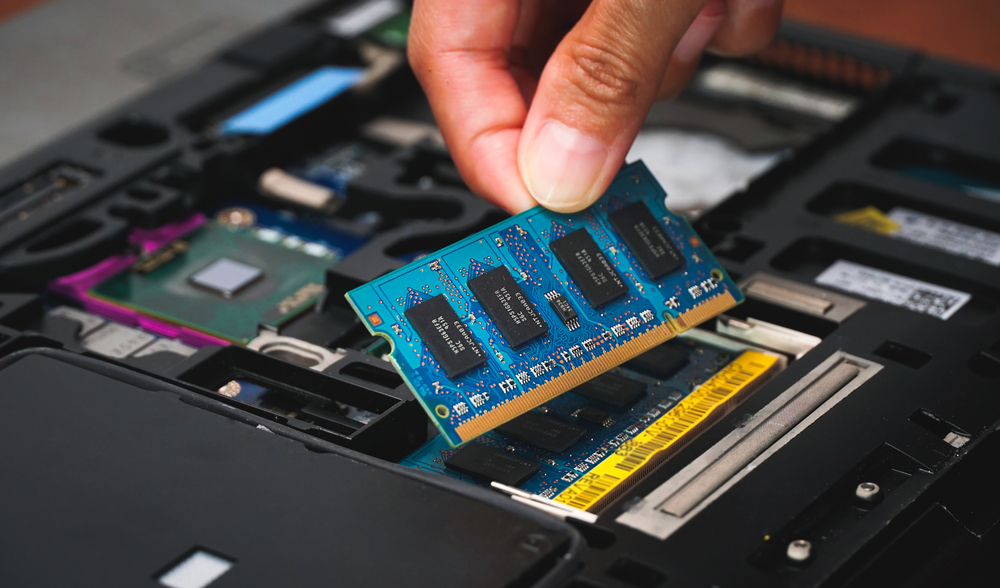Advancements in energy-efficient memory technology promote sustainable computing.
Innovations and Initiatives Innovations and InitiativesPosted by NewAdmin on 2025-02-10 08:44:02 |
Share: Facebook | Twitter | Whatsapp | Linkedin Visits: 22

Researchers have unveiled a promising development in memory technology, revealing that Spin-Orbit Torque (SOT) Magnetic Random-Access Memory (MRAM) could eventually replace cache memory in future computer architectures. This groundbreaking achievement, which came about through close collaboration with Antaios, a French magnetic random access memory company, represents a significant leap forward for memory technology.
SOT-MRAM, based on the Spin-Orbit Torque phenomenon, offers exceptional power efficiency, nonvolatility, and performance, positioning it as a strong candidate to replace traditional cache memory. It utilizes electrical currents to switch magnetic states, allowing for reliable data storage. Despite its potential, a key challenge for SOT-MRAM has been reducing the high input current required during the writing process while ensuring compatibility with industrial standards.
The innovative work from the team at JGU and Antaios addresses these challenges by introducing a unique magnetic material that incorporates Ruthenium as a key component of the SOT channel. This material significantly enhances the performance of the memory technology. Key achievements include a 50% reduction in overall energy consumption compared to existing memory technologies, a 30% boost in efficiency, and a 20% reduction in input current needed for magnetic switching. Additionally, the new design ensures thermal stability that guarantees data storage for over ten years.
One of the breakthrough innovations is the use of the Orbital Hall Effect (OHE), which enables greater energy efficiency without relying on expensive and rare materials like platinum or tungsten. Traditionally, SOT-MRAM technology depended on the spin property of electrons, which required elements with high spin-orbit coupling, often costly and environmentally challenging. By utilizing orbital currents from charge currents through the OHE, this new approach eliminates the need for such materials.
This development is a significant step toward more sustainable technology solutions, as it paves the way for faster, more efficient, and eco-friendly memory systems for applications ranging from smartphones to supercomputers. Professor Mathias Kläui, the JGU project coordinator, expressed excitement about the potential impact of this research on industries such as GreenIT, emphasizing its importance in reducing power consumption and advancing sustainable technology.
Search
Categories
Recent News
- Bihar's Top Cop Opens Doors to Public Grievances
- Hyderabad Gears Up for Presidential Visit: Traffic Diversions Announced
- Hyderabad Expressway Gridlock: Three-Car Pile-Up Causes Chaos
- Hyderabad Gears Up: Security Measures for Presidential Visit
- Hyderabad's Rs 23 Lakh Scam: Fake Trading App Dupes Investors
- Pinkathon Hyderabad: Empowering Women, One Step at a Time
- Hyderabad's Drug Supply Chain Unravelled
- Hyderabad's New Year's Eve: Safety Meets Celebration
Popular News
- Navigating IPO Market Dynamics Amid Volatility and Regulatory Changes
- Innovative Green Practices and Environmental Initiative
- Massive Worldwide Microsoft Outage Disrupts Multiple Sectors
- తెలుగుదేశం పార్టీ - పేదరికాన్ని నిర్మూలించడంలో వాగ్దానం
- Universities Embrace Remote Learning Technologies Amidst Ongoing Pandemic